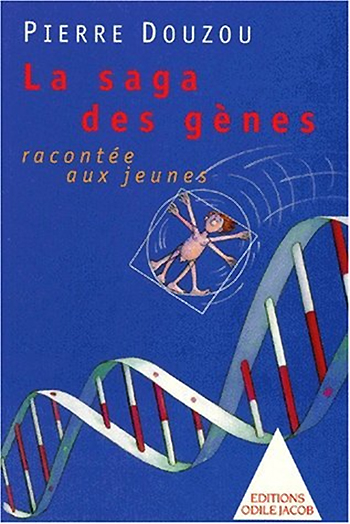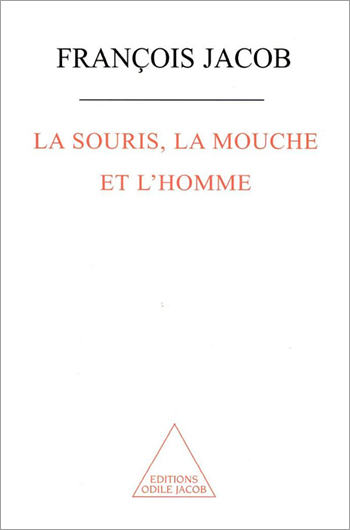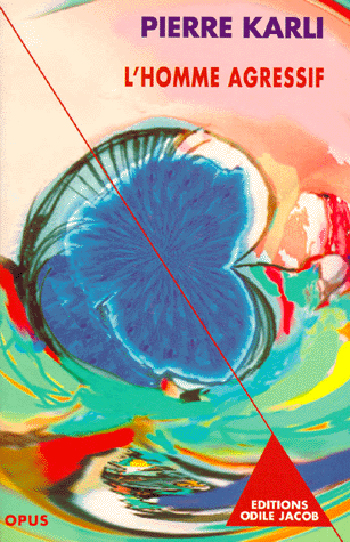Biology All books
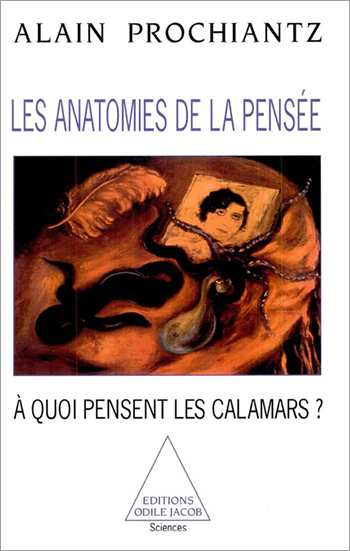
Alain Prochiantz
The Anatomies of Thought What do squid think about ?
When we watch a squid facing up to a predator, we see it recoil, agitate the tentacles, spray a jet of ink, and then make use of the temporary blindness of the predator in order to escape to a safe hiding place. Are we able to say what it is thinking ? Evidently, we know that this behaviour is not the result of a reflex unleashed by the sight of an enemy. The mollusc is not however conscious of its acts, at least not in the sense that we, as human beings, understand this term. It is true that we are the product of a evolution of species, and that, although this may not be welcome news for everyone, we share a common ancestry with the octopus, or even the fly. Even if the structure of our cortex, and the invention of language allows us to write about octopuses (or flies), and not the other way round, the fact remains that these evolutive roots, in the same way as other animal species, including invertebrates, have something to teach us about the nature of our thoughts. Alain Prochiantz

Richard Dawkins
The Selfish Gene
The Selfish Gene has been described as the most important book about evolutionary theory since Darwin. According to Dawkins theory of the selfish gene, natural selection does not take place on the level of the species or of the individual but rather among genes. Dawkins argues that human beings are programmed to preserve their selfish molecules, which are known as genes. Dawkins brilliant style shows that complex scientific ideas can be explained and made accessible to the general public, and that biology can be as exciting as an adventure story. Richard Dawkins is a renowned evolutionary biologist.
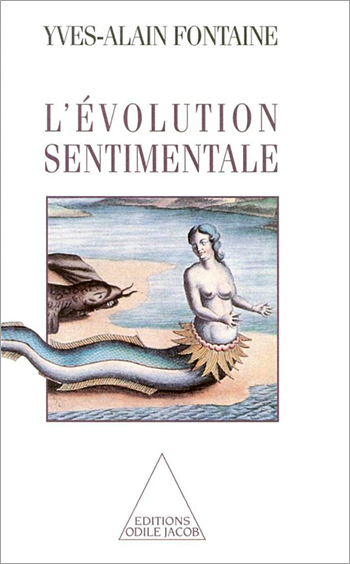
Yves-Alain Fontaine
The Sentimental Evolution
In the course of development, our way of living is fashioned by the world around us, but it is also shaped by discrete characteristics such as nature and the intensity of emotions like anxiety and egoism. From this point of departure, the author draws analogies about the ways in which we are human individuals and members of a species, and proffers the theory that, in the evolutionary process, there is also a sort of anxiety and egoism at work. Evolution, he suggests, might very well be both sentimental and selective. Yves Alain Fontaine is an honorary professor at the National Museum of Natural History.

Claude Aron
Bisexuality and the Order of Nature
Our sex defines our identity before we are even named - "It's a boy" or "It's a girl" is the traditional welcome we receive in this world. Similarly, throughout our entire life, our gender defines our diverse social roles. Yet, this book shows how nature presents us with only one model, that of bisexuality. Endocrinian manipulations have shown that it is possible to change from one sexuality to another in a reversible manner. This book is key reading in the debate about the genetic character, or not, of homosexuality. Claude Aron, a specialist in in the physiology of reproduction, is also an honorary professor of the Louis-Pasteur University in Strasbourg.


